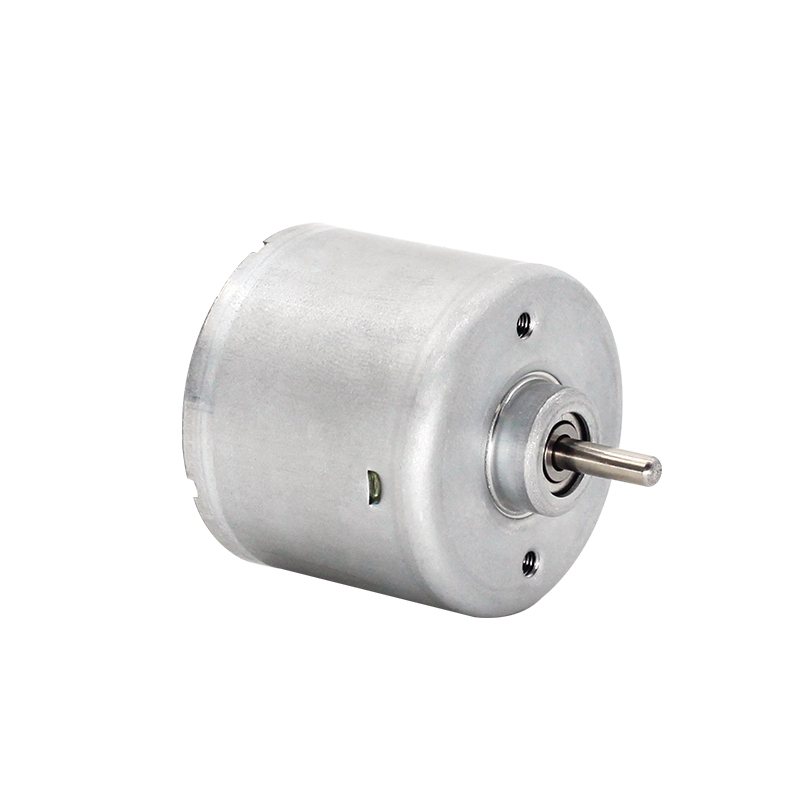Advantages of Brushless Design: Revolutionizing Electric Actuators
2024-04-15
In the world of electric actuators, the choice between brushed and brushless motors can significantly impact performance, efficiency, and reliability. While both technologies have their merits, the brushless design stands out as a game-changer, offering a host of advantages over traditional brushed motors. In this blog, we explore the myriad benefits that brushless design brings to electric actuators, unlocking new possibilities and pushing the boundaries of motion control.
1. Enhanced Efficiency
Efficiency is a critical factor in any motor-driven system, and brushless motors excel in this regard. Unlike brushed motors, which rely on physical brushes and commutators to transfer power, brushless motors utilize electronic control systems to precisely regulate current flow. This eliminates the energy losses associated with friction and brush wear, resulting in higher overall efficiency and reduced power consumption.
2. Greater Reliability
Reliability is paramount in electric actuators, particularly in mission-critical applications where downtime is not an option. Brushless motors offer inherently greater reliability compared to brushed motors, thanks to their simpler and more robust design. Without brushes to wear out or commutators to degrade over time, brushless motors can deliver consistent performance over extended periods, minimizing maintenance requirements and ensuring reliable operation.
3. Improved Precision
Precision is essential in electric actuators, especially in applications where accurate positioning is critical. Brushless motors offer superior precision compared to brushed motors, thanks to their advanced control algorithms and feedback mechanisms. This allows for precise control over speed, torque, and position, enabling smoother and more accurate motion in electric actuators.
4. Reduced Maintenance
Maintenance costs can add up over the lifespan of an electric actuator, particularly in industrial settings where equipment undergoes heavy use. Brushless motors significantly reduce maintenance requirements compared to brushed motors, as they lack brushes and commutators that require regular replacement. This translates to lower overall operating costs and increased uptime for electric actuators equipped with brushless motors.
5. Quieter Operation
Noise levels can be a concern in many applications, especially in environments where noise pollution is a consideration. Brushless motors typically operate with less noise compared to brushed motors, thanks to their smoother operation and reduced mechanical friction. This makes brushless motors an ideal choice for electric actuators used in noise-sensitive applications such as medical devices, laboratory equipment, and consumer electronics.
Conclusion: Embracing the Future of Motion Control
In conclusion, the advantages of brushless design over brushed motors make it an ideal choice for electric actuators across a wide range of applications. From enhanced efficiency and reliability to improved precision and reduced maintenance, brushless motors offer a host of benefits that drive progress and innovation in motion control. As industries continue to evolve, brushless motors will undoubtedly play a central role in shaping the future of electric actuators, unlocking new possibilities and pushing the boundaries of what's possible.



